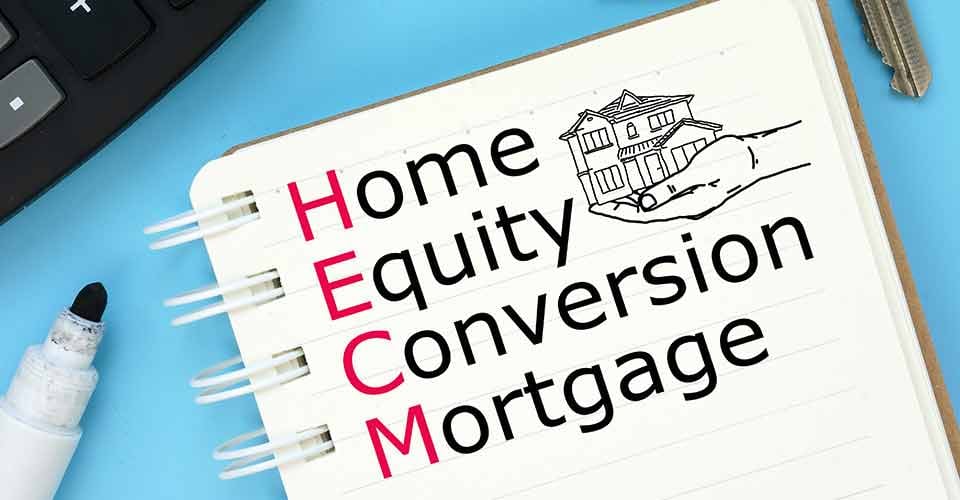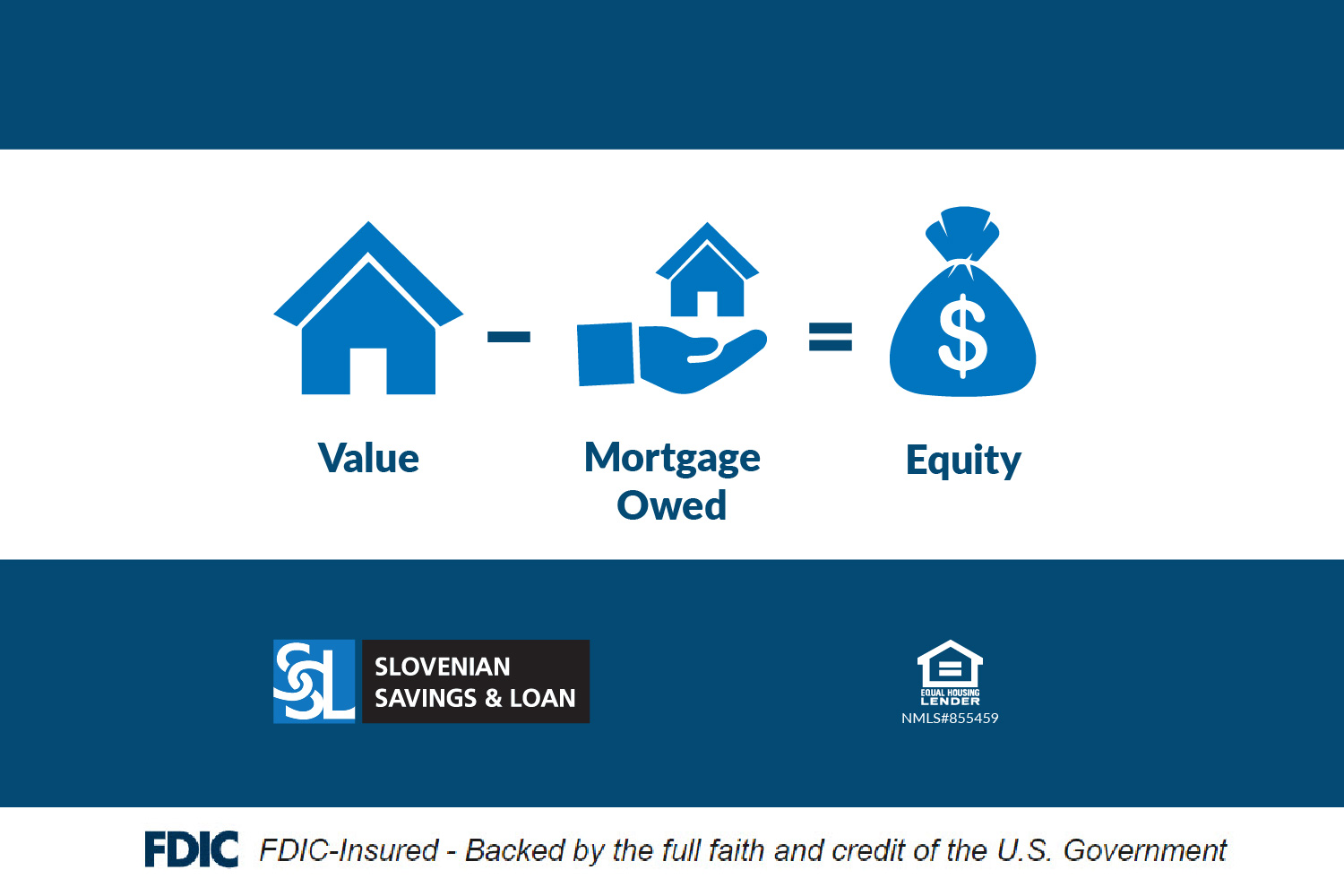Future Impacts of Equity Release Mortgages on Homeownership
Future Impacts of Equity Release Mortgages on Homeownership
Blog Article
Exploring the Different Types of Equity Release Mortgages Available Today
Equity Release home mortgages present numerous choices for house owners aged 55 and over. equity release mortgages. These monetary items accommodate various requirements and choices, enabling individuals to access funds from their property. From life time mortgages to shared recognition mortgages, each kind offers unique benefits. Recognizing these options is essential for making informed choices. What factors should one take into consideration when selecting one of the most ideal equity Release strategy? The details that comply with might clarify this vital topic
Understanding Equity Release Mortgages
Equity Release home loans offer home owners, normally those aged 55 and over, with a method to access the worth tied up in their residential or commercial property without requiring to offer it. This monetary alternative allows individuals to convert a part of their home equity right into cash money, which can be used for different purposes, such as home enhancements, settling debts, or financing retirement.Equity Release can take various types, however it fundamentally entails loaning against the value of the home while keeping possession. Property owners can choose to receive a swelling sum or a series of smaller sized payments, depending on their monetary demands and preferences.Additionally, the amount readily available for Release is affected by the residential property's worth, the homeowner's age, and specific lending institution standards. On the whole, comprehending equity Release home loans is important for property owners to make enlightened decisions regarding tapping right into their home's equity while taking into consideration the long-lasting effects.
Lifetime Mortgages
Lifetime home mortgages represent one of one of the most popular kinds of equity Release. This monetary product allows homeowners, normally aged 55 or older, to borrow against the worth of their home while preserving possession. The funding, which is protected against the home, accrues passion with time but does not need regular monthly payments. Rather, the loan and accrued interest are settled when the home owner passes away or relocates into long-term care.Lifetime home loans provide versatility, as debtors can choose to obtain a round figure or select a drawdown center, accessing funds as required. Notably, lots of strategies featured a no-negative-equity warranty, making sure that consumers will never ever owe more than the worth of their home. This feature gives tranquility of mind, permitting individuals to appreciate their retired life without the anxiety of depleting their estate. On the whole, lifetime home loans work as a practical option for those looking for financial backing in later life.
Home Reversion Program

Drawdown Lifetime Mortgages
While many home owners seek ways to access their wealth, drawdown lifetime home mortgages provide a versatile choice that allows individuals to Release funds slowly. This type of equity Release home loan makes it possible for property owners to obtain versus the value of their residential or commercial property while keeping ownership. Unlike standard life time home loans, drawdown strategies permit customers to access a section of their equity upfront and withdraw extra funds as needed, as much as an established limit.This function can be especially beneficial for those who desire to handle their funds carefully, as it minimizes interest accumulation by only charging passion on the amounts attracted. Additionally, drawdown life time home loans often include a "no negative equity assurance," making sure that borrowers will never ever owe more than their home's worth. This alternative matches retired people who want economic security and versatility, permitting them to fulfill unforeseen expenses or maintain their lifestyle without having to offer their property.
Enhanced Life Time Mortgages
Boosted Lifetime Home loans use distinctive benefits for eligible home owners looking for to Release equity from their buildings. Understanding the qualification requirements is important, as it identifies who can gain from these specialized fundings. However, it is additionally important to examine the prospective downsides related to improved alternatives, making sure an all-round viewpoint on their use.
Qualification Criteria Described
Understanding the qualification standards for Boosted Lifetime Mortgages is necessary for possible candidates seeking to access the equity in their homes. Usually, applicants need to be aged 55 or older, as this age requirement is basic in the equity Release market. Home owners need to have a property valued at a minimum threshold, which can differ by lending institution. Notably, the home has to be their main residence and in excellent condition. Lenders often evaluate the house owner's wellness condition, as particular health problems may enhance eligibility and advantages. Additionally, candidates should not have existing considerable debts protected versus the building. Satisfying these requirements allows individuals to discover Improved Life time Home mortgages as a practical alternative for accessing funds linked up in their homes.
Benefits of Improved Home Loans
After clarifying the qualification criteria, it ends up being noticeable that Improved Life go to these guys time Mortgages supply numerous substantial advantages for property owners wanting to take advantage of their building equity. Mainly, they give accessibility to a bigger finance quantity compared to basic lifetime home loans, benefiting those with health problems or age-related variables that increase their life span risk. This enhanced loaning ability allows homeowners to fulfill various financial needs, such as home improvements or retired life costs. In addition, these mortgages typically feature flexible settlement choices, enabling customers to manage their financial resources extra effectively. The no-negative-equity warranty even more ensures that house owners will never ever owe greater than their residential property's worth, offering tranquility of mind. In General, Enhanced Life time Home loans provide a compelling choice for eligible house owners looking for economic options.
Potential Disadvantages Thought About
While Boosted Life time Mortgages supply click over here now various benefits, prospective downsides necessitate mindful consideration. One considerable issue is the effect on inheritance; the equity released decreases the value of the estate delegated beneficiaries. Furthermore, these home mortgages can accumulate significant rate of interest with time, leading to a substantial debt that may surpass the original car loan quantity. There might additionally be restrictions on building alterations or rental, restricting home owners' versatility. Boosted products typically need particular wellness conditions, implying not all property owners will certainly certify. Ultimately, handling the costs and fees related to these home mortgages can be intricate, possibly causing unexpected prices. Therefore, individuals need to thoroughly analyze their situation and speak with economic advisors before proceeding.
Shared Recognition Home Loans
Shared Admiration Home loans represent a distinct monetary plan that allows house owners to accessibility equity while sharing future residential property worth increases with the lending institution. This strategy offers prospective advantages such as minimized month-to-month repayments, however it likewise features disadvantages that should be carefully considered. Understanding the eligibility requirements is important for those thinking about this option.
Concept Review
Equity Release home mortgages, specifically in the form of shared admiration mortgages, use homeowners a distinct financial option that permits them to access funds by leveraging the worth of their property. In this plan, a loan provider offers a lending to the property owner, which is usually settled through a share of the residential property's future recognition in worth. This suggests that when the property owner sells the property or passes away, the lender gets a percentage of the enhanced value, as opposed to just the preliminary funding amount. Shared gratitude mortgages can be appealing for those aiming to supplement their revenue or finance significant costs while retaining possession of their home. The monetary ramifications of shared recognition have to be carefully taken into consideration by prospective consumers.
Advantages and Downsides
Shared appreciation mortgages can give substantial financial advantages, they also come with remarkable drawbacks that prospective borrowers ought to consider. These mortgages allow homeowners to accessibility equity in their homes while sharing a portion of any kind of future recognition with the lender. This arrangement can be valuable during times of increasing home worths, using significant funds without regular monthly repayments. The main downside is the possible loss of equity; homeowners may end up with considerably minimized inheritance for heirs. In addition, the intricacy of the terms can cause misconceptions pertaining to settlement obligations and the portion of appreciation owed. It is essential for borrowers to weigh these factors carefully before committing to a common appreciation home loan.
:max_bytes(150000):strip_icc()/home-equity-loans-315556_final3-23fa1237c577475f811fe9fc06eedec2.png)
Eligibility Demands
What standards must home owners fulfill to get go now a common recognition home loan? Mainly, prospects must be at the very least 55 years of ages, ensuring they are within the target market for equity Release products. In addition, the property should be their main house and generally valued above a specified minimum limit, usually around ? 100,000. Lenders additionally analyze the house owner's monetary situations, consisting of revenue and arrearages, to ascertain they can manage the home loan responsibly. Significantly, the building needs to remain in good problem and without considerable lawful encumbrances. Homeowners must likewise have a clear understanding of the terms, including how gratitude will be shared with the lender upon sale or transfer of the property, as this affects total returns.
Choosing the Right Equity Release Alternative

Frequently Asked Concerns
What Age Do I Need to Be for Equity Release?
The age need for equity Release normally begins at 55 for many strategies. Some carriers might offer options for those aged 60 and above, showing varying terms based on individual scenarios and loan provider plans.
Will Equity Release Affect My Inheritance?
Equity Release can impact inheritance, as the amount borrowed plus interest decreases the estate's value. Beneficiaries may receive much less than prepared for, depending on the residential or commercial property's appreciation and the total financial obligation at the time of passing.
Can I Move Residence With Equity Release?
The inquiry of relocating house with equity Release occurs frequently. Usually, people can move their equity Release strategy to a brand-new building, but certain terms and conditions may use, calling for assessment with the loan provider for advice.
Exist Fees Associated With Equity Release Mortgages?
Charges related to equity Release home loans can consist of plan fees, assessment costs, and lawful expenses. Furthermore, there might be early settlement charges, which can influence the total price and economic ramifications for the customer.
Just How Does Equity Release Effect My Tax Circumstance?
Equity Release can influence one's tax obligation scenario by possibly enhancing gross income, as launched funds are considered resources. Nevertheless, it generally does not incur instant tax obligation liabilities, making it necessary to seek advice from a monetary consultant for individualized assistance.
Final thought
In summary, the selection of equity Release mortgages offered today offers homeowners aged 55 and over several pathways to access their residential or commercial property's worth - equity release mortgages. Whether choosing for a life time home mortgage, home reversion strategy, or other alternatives, each alternative presents unique advantages tailored to specific monetary requirements. Mindful consideration and assessment with an economic consultant are necessary to guarantee the picked equity Release option straightens with financial conditions and individual goals, inevitably helping with informed decision-making for a secure monetary future. Equity Release home mortgages present different alternatives for home owners aged 55 and over. Equity Release home loans provide house owners, usually those aged 55 and over, with a method to access the worth tied up in their building without requiring to market it. Improved Lifetime Mortgages use unique benefits for eligible house owners looking for to Release equity from their residential properties. Equity Release home loans, especially in the type of shared recognition home loans, use house owners a distinct economic service that permits them to access funds by leveraging the worth of their residential property. In summary, the selection of equity Release mortgages readily available today supplies property owners aged 55 and over numerous paths to access their building's value
Report this page